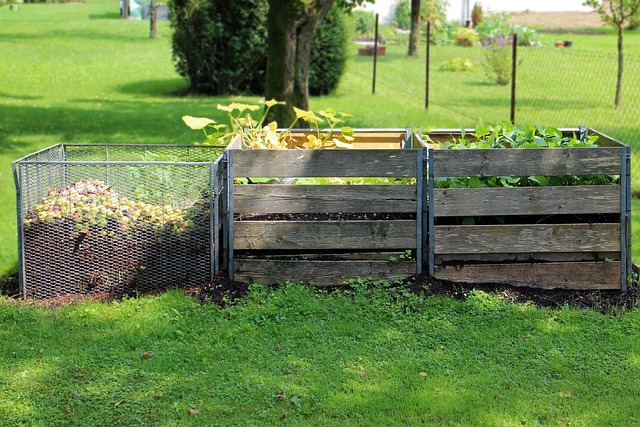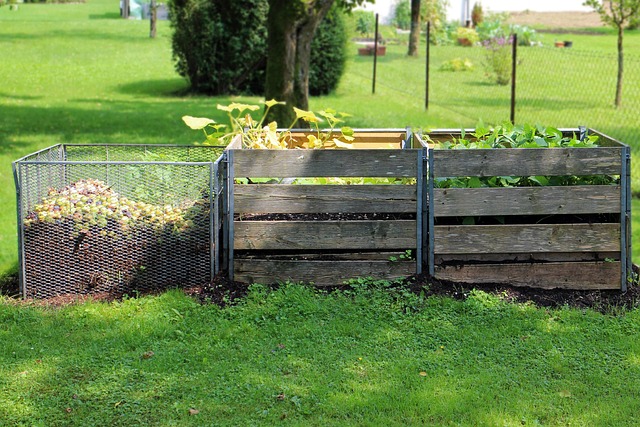In an age where environmental consciousness is paramount, the concept of compost design is taking center stage as a vital aspect of sustainable gardening. As individuals become more aware of their ecological footprint, an increasing number are turning to composting as a solution to reduce waste and enrich the soil in their gardens.
Compost design is not merely about creating a pile of organic waste; it’s about crafting a system that embodies the harmony between man and nature. By understanding the principles of composting, you can cultivate a beautiful garden while contributing positively to the environment. Imagine transforming kitchen scraps and yard waste into nutrient-rich compost that nourishes your plants. This cycle of life stands at the heart of eco-friendly gardening practices.
When it comes to eco-conscious gardening, the design of your compost system is crucial. Outdoor compost bins, vermicomposting setups, or even bokashi bins are all innovative options that cater to different spaces and lifestyles. These systems not only reduce landfill waste but also invite a host of beneficial microorganisms that enhance soil health. Keeping the environment in mind while designing your compost setup reflects a deep respect for nature and its processes.
Moreover, an aesthetically pleasing compost design can seamlessly integrate into your garden. Think of a beautifully crafted wooden bin or a discreet worm farm that allows you to be proud of your eco-friendly initiative. Such designs encourage more people to participate in composting and cultivate a green mindset, which is essential for our collective future.
The practice of composting goes beyond simply recycling organic waste; it’s a movement towards a greener planet. By engaging in compost design, you not only contribute to soil health but also promote biodiversity. By nurturing earthworms and beneficial bacteria, your garden becomes a thriving ecosystem that supports various organisms, thus mirroring the beauty and complexity of nature.
Furthermore, taking small steps in composting can lead to significant environmental impact. Whether you’re a seasoned gardener or just starting your journey, adopting effective compost design practices enhances your connection with the earth. It transforms gardening into a meaningful activity where you witness firsthand how nature recycles and revitalizes.
As we embrace the principles of eco-friendliness, compost design stands out as a beacon of hope for a sustainable future. The act of composting represents a commitment to protect our environment for generations to come. Each handful of compost not only enriches your plants but also contributes to a healthier planet.
Incorporating thoughtful compost design into your gardening routine is a powerful statement about your values. It signifies a willingness to take part in the ecological narrative that celebrates growth, renewal, and the responsible stewardship of our natural resources. Let’s cultivate not just gardens, but a greener future for all.



